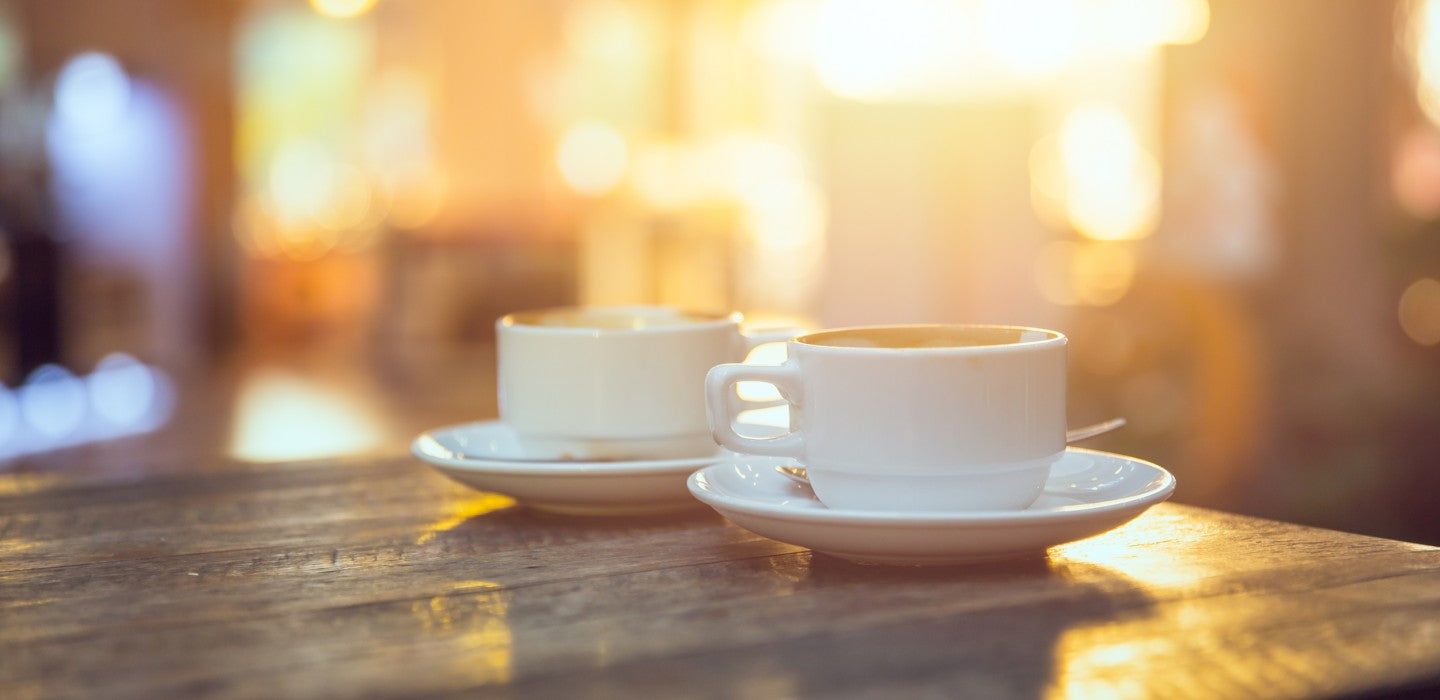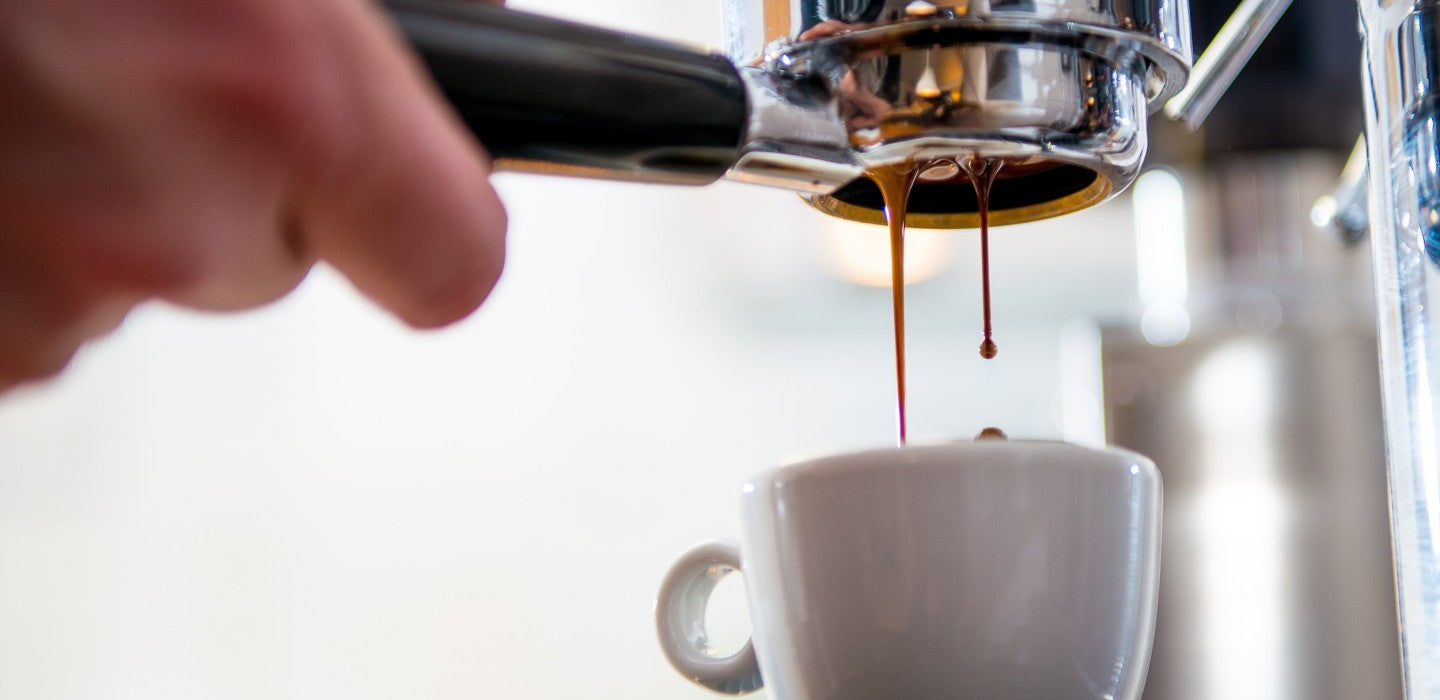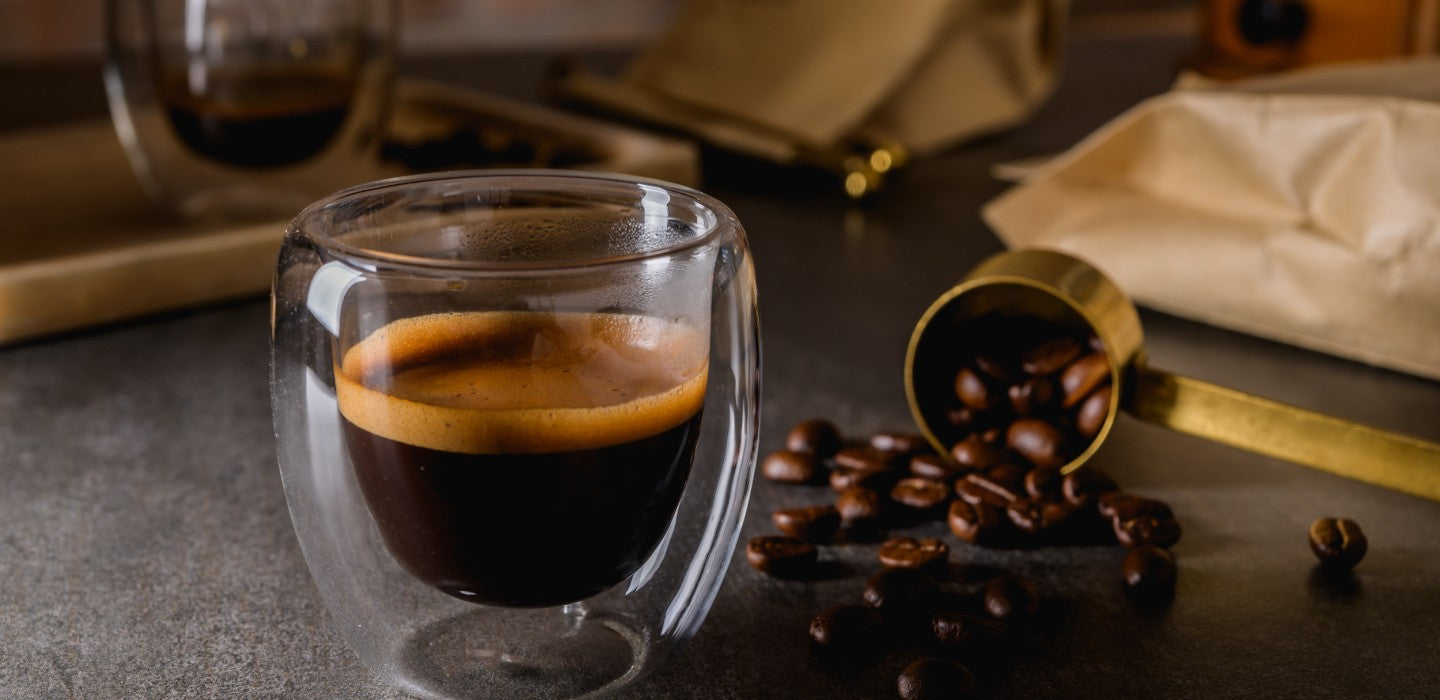Decoding The Enigma of Evening Espresso
Aromatic, intense, and a pure caffeine delight - espresso is the backbone of the coffee world. But does a shot of this robust beverage make sense when twilight bids adieu? Is a late-night espresso a good idea tipping the scales of slumber and alertness?
A dive into the science of caffeine, its impact on our physiology, the specifics of enjoying espresso at night might provide sensible answers.
Caffeine Effect: An Energizing Symphony
To understand how espresso influences our alertness levels at night, let us first explore the concerto that caffeine orchestrates within our bodies.
Caffeine, the main component of espresso, tugs at our physiological strings, markedly eliciting a symphony of reactions. It increases our heart rate, expands our blood vessels throughout the body, and constricts them within the brain. Furthermore, caffeine also stimulates our nervous system and metabolism, creating a heightened sense of alertness, concentration, and energy.
Depending on the caffeine content in the espresso shot, stronger or milder effects may be felt. However, the effect remains the same – caffeine, served day or night, has a revitalizing effect. But how does it play out if served in the evening?
An Evening Coffee Affair
If you are flirting with the idea of a final coffee drink at night, it is vital to recognize its possible impacts. Post-ingestion, caffeine starts kicking in after about half an hour. However, our bodies require around five hours to completely metabolize this substance.
Therefore, it is not surprising that coffee is not an ideal nightcap. Potential sleep disturbances and altered biorhythmicity are plausible outcomes. So, to ensure a peaceful slumber, try to enjoy your last coffee or espresso of the day at least five hours before bedtime. Alternatively, you might want to consider decaffeinated versions.
However, it is important to add that not everyone experiences sleep disturbances post-coffee. individuals even enjoy a perfectly undisturbed sleep cycle despite their caffeinated indulgence. Why some people react differently to caffeine is still unclear, and therefore, understanding your body's caffeine response is crucial.
Espresso: A Bedtime Companion?
Delving a bit deeper, let's explore if espresso, specifically, exerts a different influence compared to coffee when consumed at bedtime.
While espresso might be more concentrated, it contains less caffeine than a regular cup of coffee, courtesy of its smaller serving size. A typical espresso shot of 25 ml contains about 25-30 mg of caffeine. Contrastingly, a regular cup of coffee (125 ml) boasts a caffeine content ranging from 75-120 mg. Therefore, espresso, considering its lesser caffeine dosage, is less likely to interfere with your sleep.
Additionally, genetics also plays its part in determining how the body responds to espresso's caffeine content. While some individuals may exhibit heightened alertness, others might experience a certain level of tranquility post-espresso consumption. Interestingly, for some elderly individuals, espresso works as a sleep inducer though clinicians need to understand why.
Let us clarify: the key determinant of how long espresso will continue to work its within your body is its caffeine content. Despite the reduced amount in espresso, your body will still require around 4-5 hours to completely metabolize caffeine. Therefore, if you experience sleeplessness or increased anxiety post-evening espresso, it would be wise to skip it or opt for caffeine-free alternatives.
Summary
Coffee, and in particular, espresso, is undoubtedly the go-to partner for those seeking a caffeine jolt. Be it the start of the day or an afternoon slump, a shot of espresso is often the weapon of choice.
However, when it comes to enjoying espresso at bedtime, there is a mix of factors at play, caffeine sensitivity and genetics being the frontrunners. While some people might find that an evening brew keeps them wide awake, for others, it might neither affect their bedtime nor their sleep quality.
Ultimately, whether or not you include espresso as a part of your evening ritual boils down to personally testing and understanding how your body reacts to it. So, to espresso or not to espresso in the evening, that's a question only you can answer. Just remember to listen to your body's signals and adjust your coffee habits accordingly. That is the key to a harmonious relationship with caffeine.



Leave a comment
This site is protected by hCaptcha and the hCaptcha Privacy Policy and Terms of Service apply.